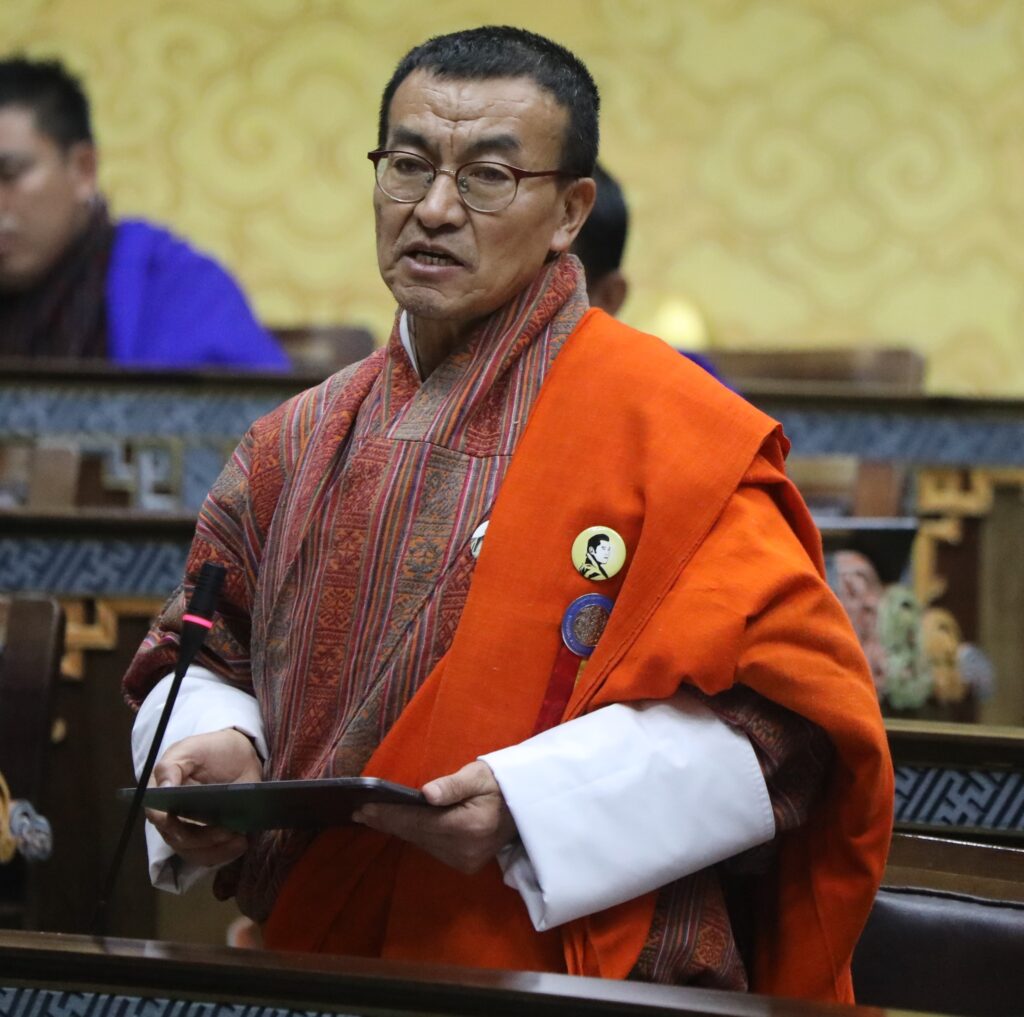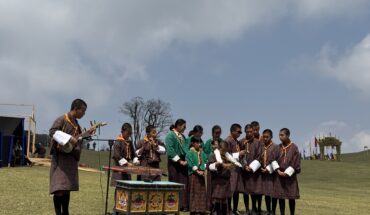
PEMA TSHOMO
Thimphu
The National Assembly passed the Cattle Tax Exemption Bill 2024 to exempt cattle tax to support farmers and boost dairy production on 26 Nov.
The tax, which is currently levied at Nu 1 for owners with fewer than 10 cattle and Nu 5 for those owning more than 10. However, the burden of paying the tax, especially for farmers residing in remote pasturelands, has led to calls for reform.
During the discussions Deputy Speaker Sangay Khandu underscored the challenges faced by farmers, noting that the tax collected annually amounts to Nu 3 to 5 million is minimal compared to the hardships it imposes. “This act comes with significant benefits,” he said, emphasizing that easing the tax burden could lead to increased dairy production and greater economic returns for rural communities.
The debate centers around Section 57(c) of the 2009 Local Government Act, which grants gewogs the authority to collect taxes based on the number of livestock owned. Despite this provision, committee members highlighted the inefficiencies and complications of the current system. The speaker proposed a consolidated approach, combining Chapters 2 and 3 of the draft exemption policy to simplify implementation.
Agriculture and Livestock Minister (MoAL), Younten Phuntsho presented data showing a decline in the cattle population. He reported a decrease from 10.2 million cattle in 2021 to 10.22 million in 2023, marking a 13 percent reduction in one year and a further 12.67 percent decrease in the following year.
“While the cattle population has declined, we are hopeful it will stabilize and rise in the coming years,” he said. He also noted a drop in households relying on cattle farming, with the number falling from 56,544 to 51,892 between 2023 and 2024.
The Minister of Finance (MoF), Lekey Dorji submitted a detailed explanatory note supporting the exemption proposal, emphasizing its potential to alleviate challenges faced by farmers. However, the MoF, Lekey Dorji clarified that no additional taxes were being imposed on cattle purchased from other countries, and the proposed exemption would apply only to domestically owned livestock. “The discussion revolves around updating the earlier act,” he explained, suggesting that future discussions would refine the details.
South-Thimphu Member of Parliament (MP), Tshewang Rinzin expressed concerns about the environmental implications of exempting cattle tax, arguing that accurate livestock counts are crucial for tracking methane emissions. “Refraining from tax imposition might affect the count of cattle, which is vital for environmental impact assessments,” he stated.
Nganglam MP, Lamdra Wangdi urged the inclusion of a third act focusing on cattle tax during cross-border purchases and interactions with customs. “If members could consider this additional act, it would address potential gaps in the current framework,” he said. However, others noted that this aspect falls outside the scope of the present discussions.
Khtoed-Laya MP, Lhaba Lhaba acknowledged the complexity of the matter, noting that Section 57(c) of the Local Government Act allows for taxation but the exemption discussions contradict this. “The act clearly mandates tax collection, but we are now discussing exemptions. This creates a contradiction,” he remarked. Despite his reservations, he supported the points raised by the Deputy Speaker and committee members.
Radhi-Sakteng MP, Tashi Tenzin highlighted the importance of addressing the needs of remote farmers, supporting the proposal to merge certain provisions for clarity. “We must simplify the process to make it fair and accessible to all stakeholders,” he said.
The proposal also faced scrutiny regarding its long-term economic and environmental impact. The debate revealed divided opinions among parliamentarians, but a consensus emerged on the need for greater clarity and coordination in implementing any exemptions.
The Deputy Speaker emphasized that any policy changes must address the needs of farmers while maintaining administrative efficiency. “At the very end, it’s complicated due to the changes adopted,” he said, advocating for a balanced approach to support rural livelihoods without undermining the integrity of existing policies.
Before the endorsement of the Cattle Tax Exemption Bill, 2024, a Member of the Economic and Finance Committee presented the reformulations made to the Bill as directed by the House. The House endorsed the changes as proposed through show of hands.
The Member In-charge of the Bill, the Minister for Finance, then moved the motion to adopt the Bill. The House passed the Bill with 38 Yes and 3 Abstention, out of 41 members present and voting.
The Bill seeks to waive the cattle tax currently applied to various livestock, including mithun, cow, yak, buffalo, horse, donkey, goat, and sheep. The exemption bill stems from an oversight in the drafting of the Property Tax Bill 2022, which did not account for livestock as movable property. The exemption aims to ease the financial burden on farmers, encourage investment in livestock rearing, and bring wider economic and social benefits to rural communities.
With minimal revenue generated by the cattle tax, its removal is expected to have negligible fiscal impact on local governments while promoting sustainability and growth in agricultural sectors. This move also addresses concerns from local governments regarding the collection of the tax under the new Property Tax Act.





